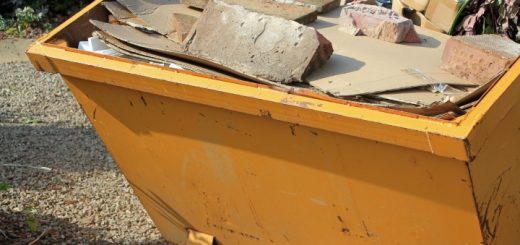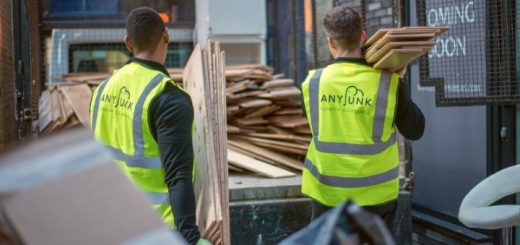A quickstart guide to domestic bulky waste collection
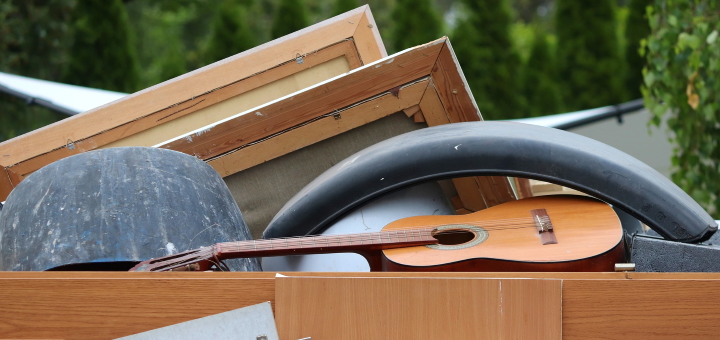
When you own or rent your home, there will always be occasions when you need to dispose of something that won’t fit in your regular domestic bin – what is known in the jargon as “bulky waste”.
It might be an old fridge, that saggy sofa you’ve just replaced, or the debris from your latest home improvement project – so what do you do with that kind of rubbish?
To help you navigate the waste landscape safely and legally, we’ve teamed up with experts Lovejunk to produce this quickstart guide.
Types of bulky waste
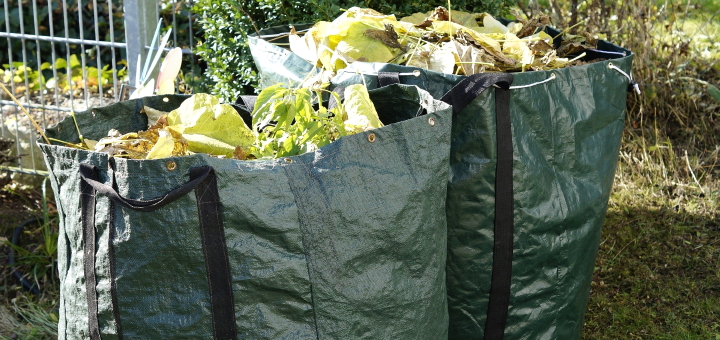
Garden waste like this is too bulky to go in a domestic bin
The first task is to determine what type of bulky waste you are looking to dispose of, as that has implications for the avenues available to you. Bulky waste can basically be categorised as either “clean junk” or “dirty junk”.
Clean junk is all the household stuff like that sofa and fridge we mentioned before. Items such as wardrobes, washing machines, microwaves, computers, mattresses and soft furnishings also fall under this heading – so, the types of items you would take with you when you move home.
Dirty junk, as you might guess, refers to waste produced by DIY or building work, or bulky garden refuse. So, that means things like windows and window frames, doors, pipes, tiles, bricks, rubble, plasterboard, kitchen and bathroom units, old flooring, or fence panels. In short, things that belong to the property, and – unless you’re really keen – don’t go with you when you move.
Alternatively, Lovejunk describe dirty junk as “the sort of stuff you’d generally rather not put in your car without first putting down some decent covers”; or, if you have a lot of it at once, dirty junk is what you might hire a skip for.
Disposing of clean junk
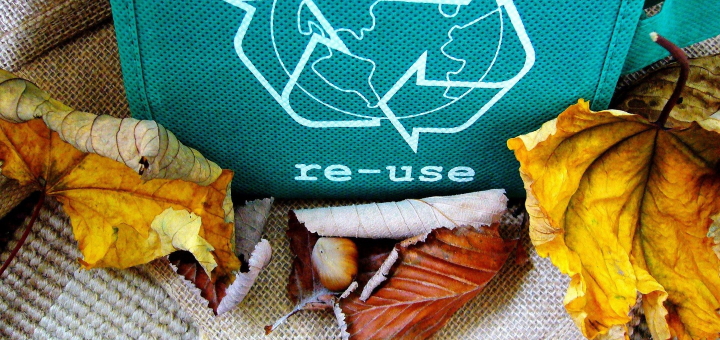
The message is to reuse your “junk” whenever you can. Photograph by Shirley Hirst
Local authorities across the UK nations operate what are known as Household Waste Recycling Centres (HWRCs), which you can visit during normal opening times to dispose of bulky household waste free of charge. Some councils may also allow you to dispose of certain “non-household” waste – potentially including items from the dirty junk category – for a fee.
Alternatively, the good news is that local authorities can usually arrange to collect clean junk from outside your home – you just need to book an appointment, typically via the council website, and pay the required fee. Charges tend to be tiered depending on the size and bulk of the item.
For example, Gateshead Council, where we are based, currently charges £2 for a dining chair, up to £42 for a full-size snooker table or dismantled piano. Every local authority has its own policies and fees, though, so the best place to start if you’re in England or Wales is the Gov.uk website. Simply enter your postcode, and the website will direct you to the bulky waste page of the appropriate council website, where you will normally find details of both collection services and HWRCs.
A similar portal is available for Northern Ireland, while managingourwaste.scot is a useful resource launched by the Scottish Government, Zero Waste Scotland and other partners in April 2020.
Of course, just because something is junk to you, it doesn’t necessarily mean that it is worthless to everyone else. Wherever you can, there are good environmental and ethical reasons for reusing rather than disposing.
In fact, previous work by the Furniture Re-use Network (FRN), cited by UK charity WRAP (Waste and Resources Action Programme), suggests that 30% of bulky waste that is deposited at HWRCs or collected by local authorities could be reused.
Many local authorities – like Gateshead again – signpost alternative options from their websites. For example, the Reuse Network website helps you find local organisations, like Gateshead’s Foundations Furniture, that can accept, or even collect, safe and clean household items. Networks like Freecycle and Freegle – which match up people who have stuff to give away with those who can use it – are also popular and well established.
If you can, giving away what you have is a no-brainer – it saves you money, keeps items out of landfill, and gives someone else pleasure from that unwanted snooker table or piano.
Also, if you are buying a new item – such as a fridge or cooker – to replace an old or broken one, see if the retailer you are using offers an installation and removal service, which will include the recycling of your old appliance. Many big names – like John Lewis or AO – provide this option.
Disposing of dirty junk
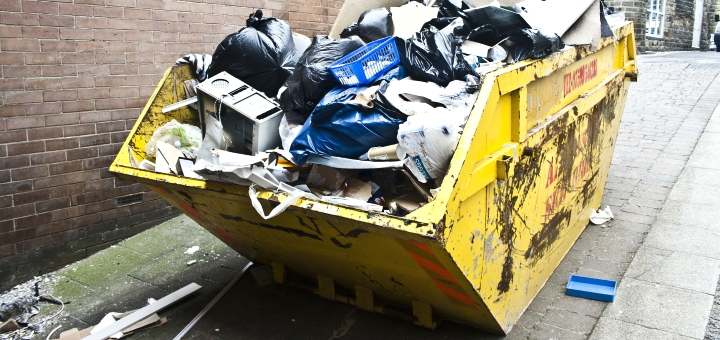
Using a skip hire company is one option for disposing of bulky waste. Photograph by Nathan Copley
There’s a reason why “skip hire” is one of the Property & Building Directory’s most popular article topics – we’re a nation of DIYers, which produces a lot of dirty junk.
In previous articles, we’ve covered the dos and don’ts of skip hire, including costs, sizes, what can and can’t go in, and the need to obtain a skip licence from your local authority if you intend to place a skip on a public road. Skips have the advantage that the skip hire company will bring it to your home, and take it away again once you’ve filled it with the necessary waste. There’s even potential for a “wait-and-load” service if what you have to dispose of is ready to take away immediately.
In some situations, a grabber lorry service – where piles of loose waste are picked up by a mechanical arm and loaded directly on to a truck – may be another option. This service is useful for bulk waste like soil, bricks or general building rubbish, and the grabber means that waste can be lifted from a garden or building site and over a fence or wall – a situation in which using a skip might not always be suitable.
Alternatively, so-called “man-and-van” clearance services are becoming a popular option for smaller amounts of bulky waste that don’t warrant hiring a skip. This can include clean junk, as an alternative to using your local authority’s services, as well as dirty junk like garden refuse and builders’ waste.
Naturally, any such business that transports, buys, sells or disposes of waste requires an appropriate licence. A legitimate waste collector will be happy to provide proof of their registration, or householders in England can search the Environment Agency directory. The other UK nations of Wales, Scotland and Northern Ireland also maintain their own registers.
Fly-tipping
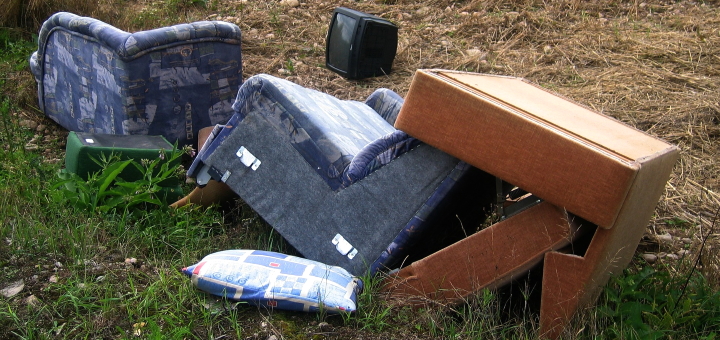
Fly-tipping is a big problem. Photograph by Gerd Altmann
One of the reasons why local authorities must make it easy and affordable to dispose of clean bulky waste – and why disposal businesses have to have an appropriate licence – is to prevent the blight of fly-tipping.
Fly-tipping is the illegal dumping of household or trade waste – and it’s a real problem in the UK, despite the widespread availability of legal and convenient disposal options that we have described.
In 2018-19, local authorities in England alone dealt with over a million fly-tipping incidents on public land. That doesn’t include fly-tipping that takes place on private land, where it’s the landowner that ends up having to deal with the problem.
However, apart from the act being illegal, anti-social, and bad for the environment, fly-tippers are also increasingly likely to get caught. Government statistics show that local authorities in England carried out more enforcement actions, and issued more fixed penalty notices and fines, in 2018-19 than in the year before. Meanwhile, organisations like the National Fly-Tipping Prevention Group (NFTPG) are playing an important role in raising awareness of the problem, building anti-fly-tipping networks, and sharing tips that landowners can take to prevent fly-tipping on their land.
About Lovejunk
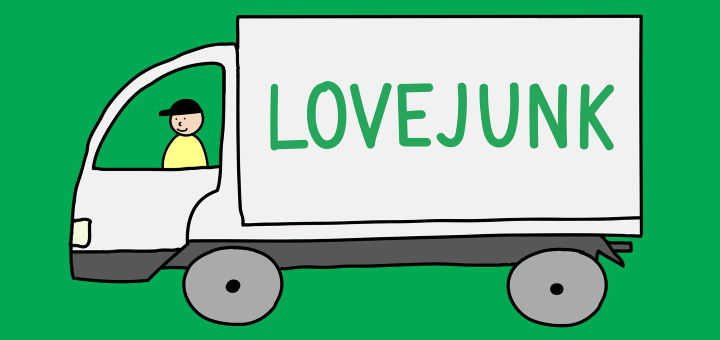
If you’re in London, the Lovejunk app is another option for getting rid of bulky waste
Lovejunk is a new marketplace app that is designed for disposing of “anything that’s too big for the bin”, with a mission “to make bulky waste collection cheaper, safer and more sustainable” for both domestic and business customers. So far, 95% of the waste picked up through the Lovejunk platform is avoiding landfill, and being recycled or reused instead.
Lovejunk is currently operating in Greater London, and can help with the disposal of clean junk as well as certain types of dirty junk, such as rubble and bricks.
A Lovejunk user with junk to get rid of simply posts a listing with the price they are willing to pay; nearby licensed collectors or re-use organisations can then accept that job, or propose an alternative price. Once a match is made, the junk is collected, and the collector gets paid.
So, depending on what you have to dispose of, Lovejunk could be an easy and affordable alternative to the other services that we have described above, such as skip hire or local authority collections – and help you do your bit for the environment by keeping as much as possible out of landfill.
For more tips and information, check out Lovejunk’s own guide to bulky waste collection.

